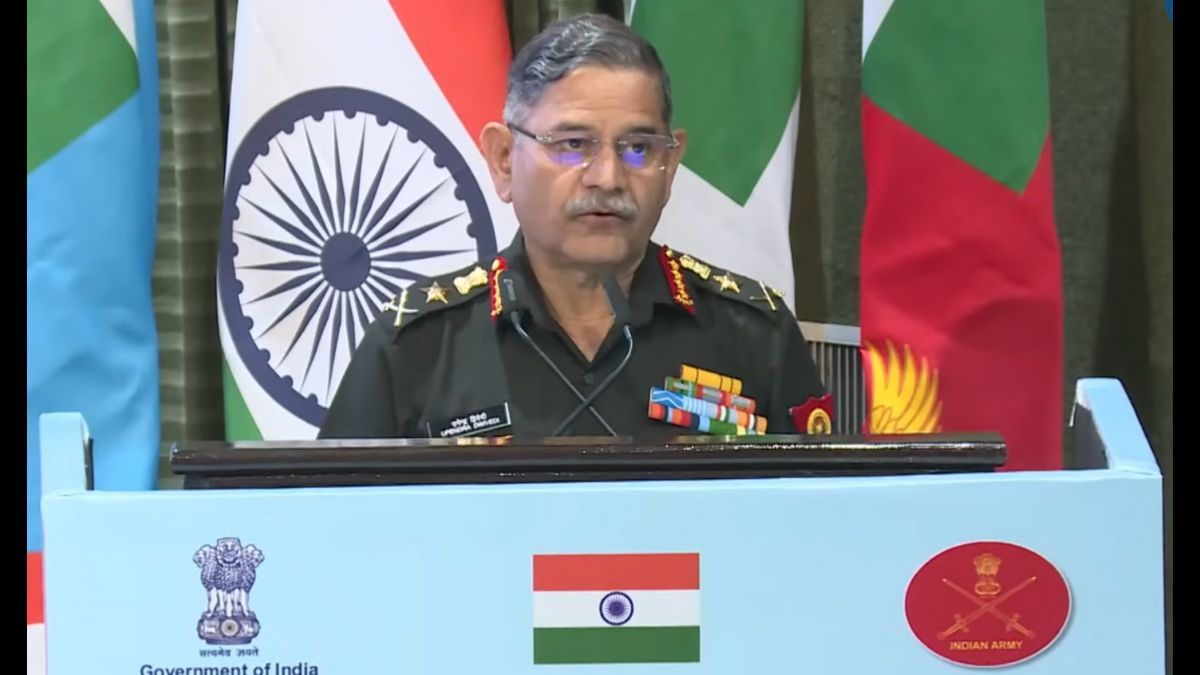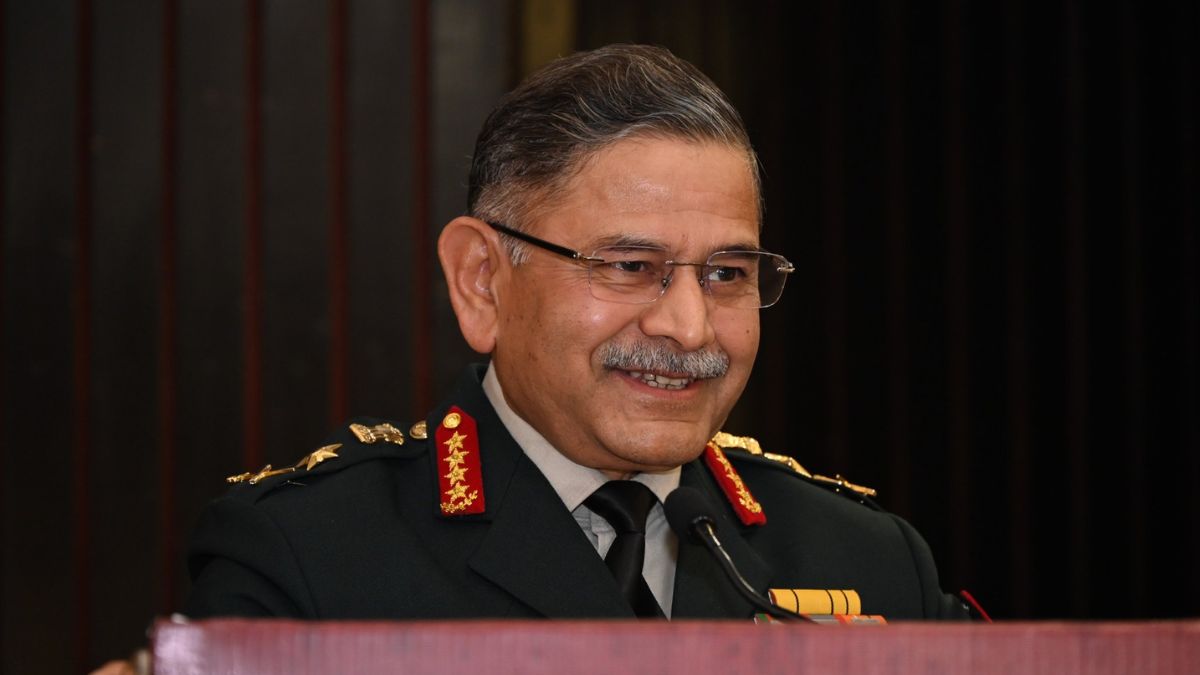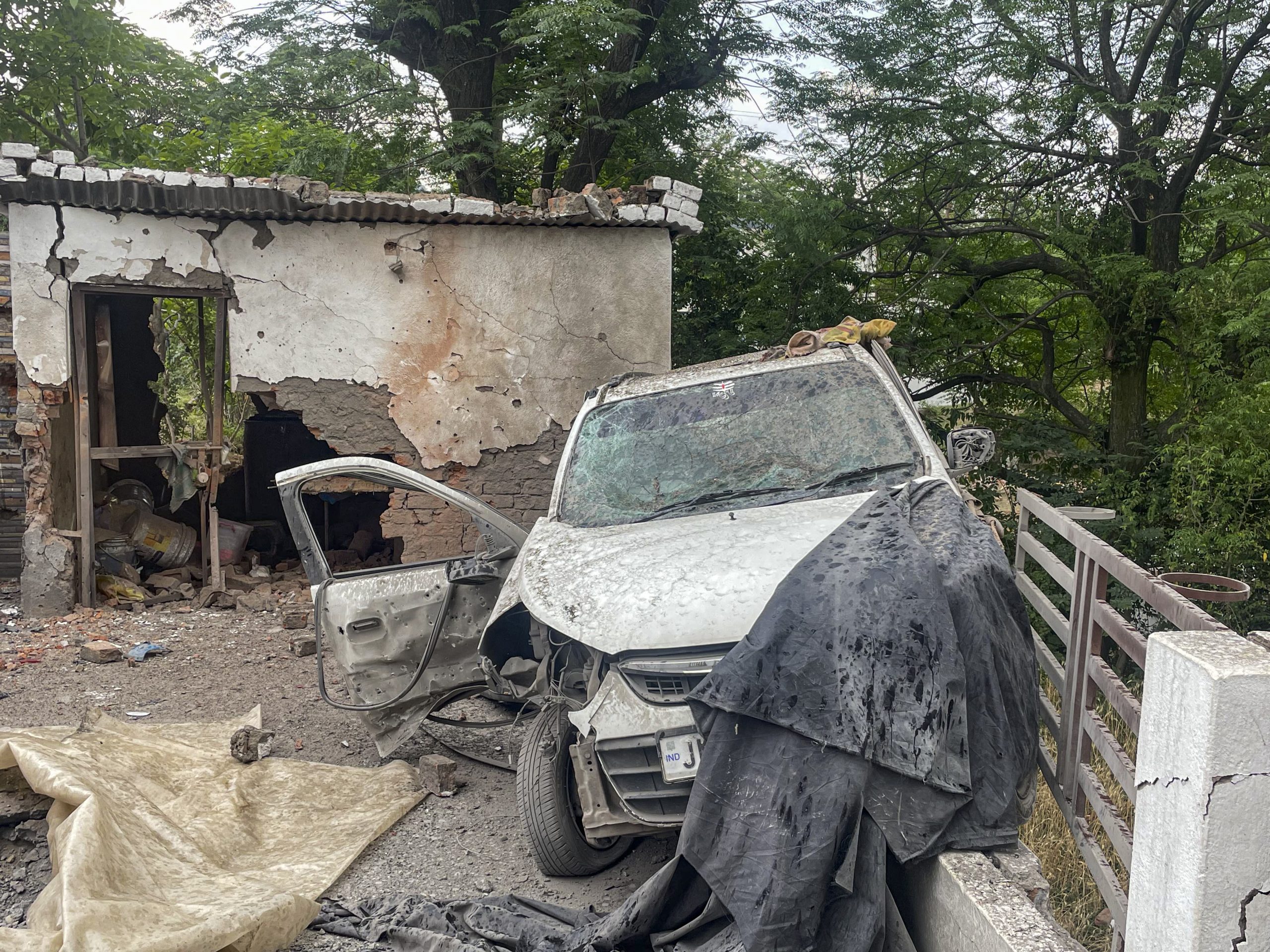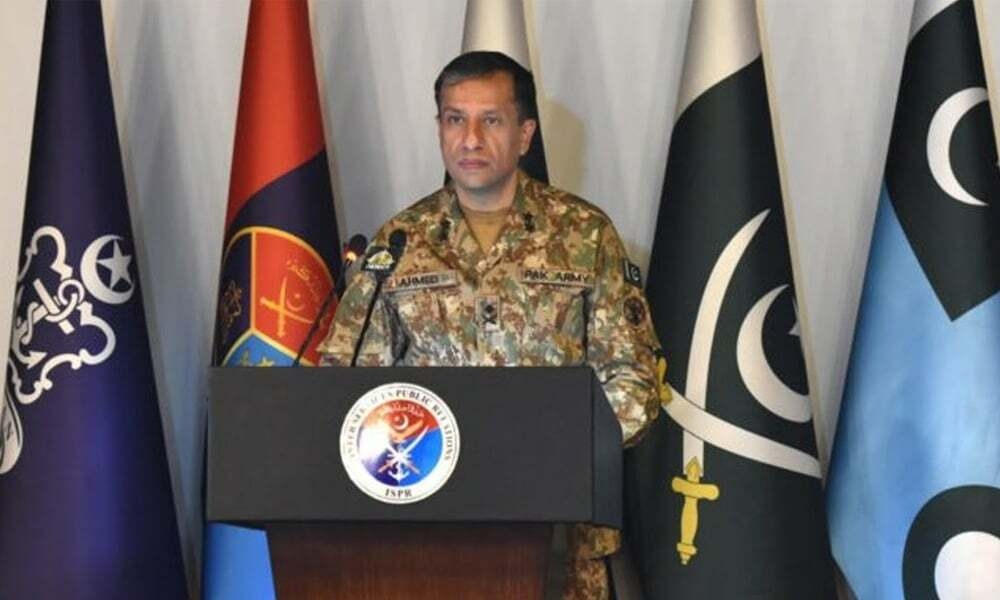At UNTCC 2025, Indian Army Chief Warns Peacekeeping Strained As Tech Usage In Warfare Rises

Indian Army Chief General Upendra Dwivedi spoke at Delhi Defence Dialogue. Image courtesy: YouTube/@ADGPIINDIANARMY
In New Delhi, Chief of Army Staff (COAS) General Upendra Dwivedi addressed the United Nations Troop Contributing Countries’ (UNTCC) Chiefs’ Conclave, cautioning that peacekeeping operations today face upheaval from shifting geopolitical forces. With over 56 active conflicts and roughly 90 countries involved, he said, the very consensus that undergirds the UN is being tested.
General Dwivedi argued that new challenges, notably disruptive technologies, hybrid tactics, non-state actors and disinformation, have blurred traditional boundaries of warfare. “Such realities demand more resilient, swift and unified responses that only peacekeepers working together can deliver,” he said, calling for adaptation and innovation in mission planning.
How must peacekeeping evolve in an era of tighter budgets and smarter warfare?
The Army chief warned that reduced funding for UN missions is likely to become a reality, demanding leaner missions that leverage technology over sheer troop numbers. In his telling, future peacekeeping may emphasise preventive diplomacy, sustainable peacebuilding and negotiation support rather than full-scale armed presence.
He urged troop-contributing nations to recalibrate their approach: smaller footprints, greater reliance on tech, rapid deployment, and flexibility in volatile environments. The logic, he said, is that missions must become anticipatory, not merely reactive.
What role does India see for itself?
The COAS reaffirmed India’s long legacy of UN peacekeeping: over 300,000 personnel deployed across more than 50 missions since the 1950s, and active participation in 9 of today’s 11 operations.
He emphasised that India will showcase indigenous equipment developed for peacekeeping roles and is open to sharing such capabilities among partner states.
The conclave, hosted by India from October 14–16, brings together senior military leaders from more than 30 troop-contributing countries. Defence Minister Rajnath Singh also addressed the gathering, outlining emerging challenges, the need for interoperability, inclusive decision-making, and greater technological and training cooperation.
General Dwivedi described the opportunity to host the event as a reaffirmation of India’s commitment to multilateral peace. Quoting ancient Indian values, he invoked Vasudhaiva Kutumbakam (the world is one family) and Vishwa Bandhu (India as a friend to all) as guiding ethos for global cooperation.
The Conclave is meant to strengthen collective resolve to adapt peacekeeping to new threats, bridge capability gaps, and reassert the role of cooperative security in a world where traditional structures strain under pressure.







